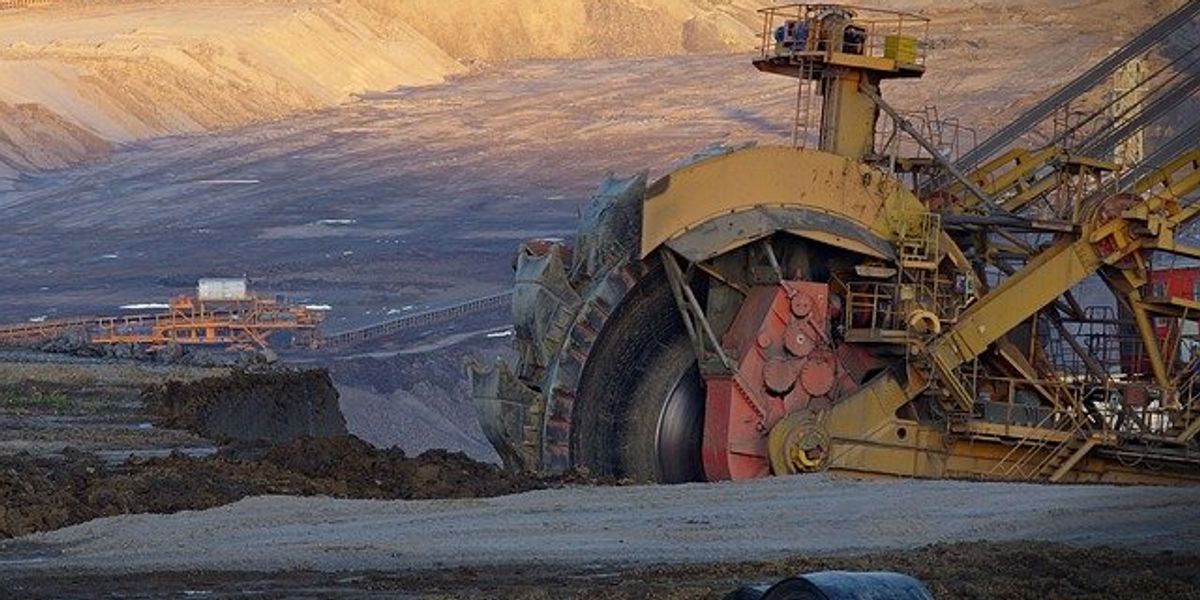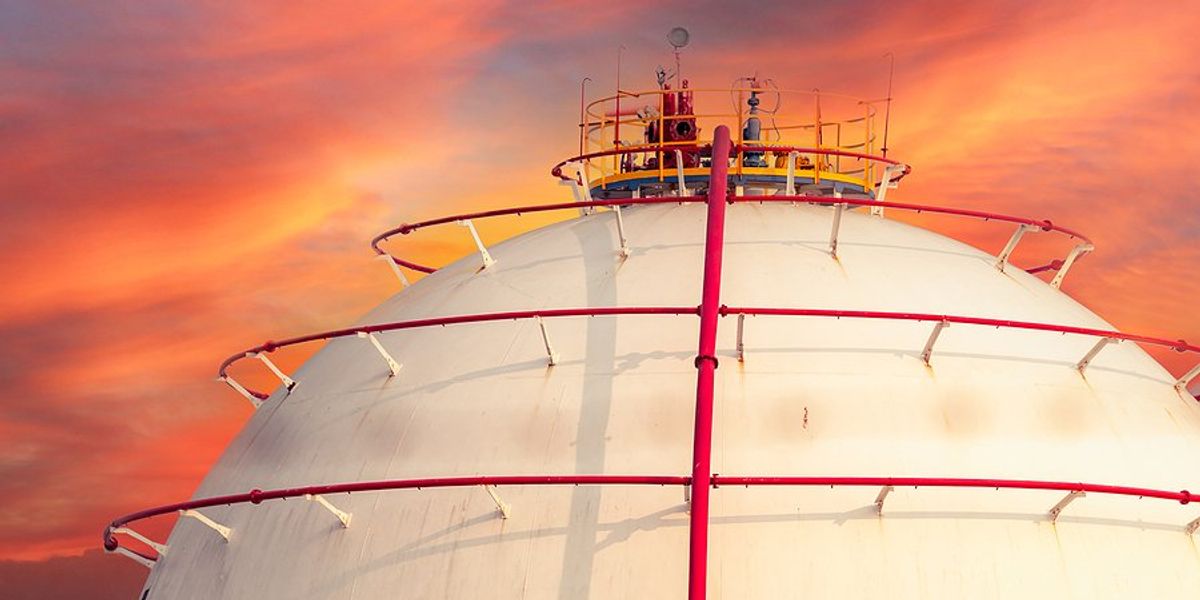preterm birth
Wildfires and heat waves linked to an increased risk for preterm birth
Pregnant Californians exposed to extreme climate events like wildfires and heat waves were at a higher risk for giving birth early, according to a new study published in Environmental Research.
In short:
- Exposure to wildfires was associated with an increased chance of preterm birth. The same was true for days with unusually high temperatures.
- This association was much stronger when exposure to both wildfires and heat waves occurred simultaneously.
- The risk for preterm birth was strongest for Black, Hispanic, Asian, and Native American study participants in comparison to White participants.
Key quote:
“Given the increasingly frequent occurrence and co-occurrence of these climate related events, pregnant people and their growing fetuses should be consistently in the front of climate adaptation and mitigation efforts.”
Why this matters:
As climate change continues to impact global weather patterns, heat waves and wildfires have become increasingly intense and frequent. Environmental hazards that affect the health of pregnant people and their children can have long-term and severe outcomes, such as harm to babies’ respiratory, neurological, and cardiometabolic development. The authors of this study point to the need to recognize pregnancy as a vulnerable period in order to encourage regulatory action that better protects parents and their children.
Related EHN coverage:
- American Heart Association: Children must be protected from health threats of environmental toxics
- Op-ed: How climate change harms pregnant people and their babies
More resources:
- Centers for Disease Control and Prevention: Wildfire smoke and pregnancy
- California Air Resources Board:Smoke ready California
- Yale Climate Connections: Extreme heat makes pregnancy more dangerous
Ha, Sandie et al. for Environmental Research vol. 252, 4. July 1, 2024
Science summaries are produced by the EHS science team, including HEEDS.















